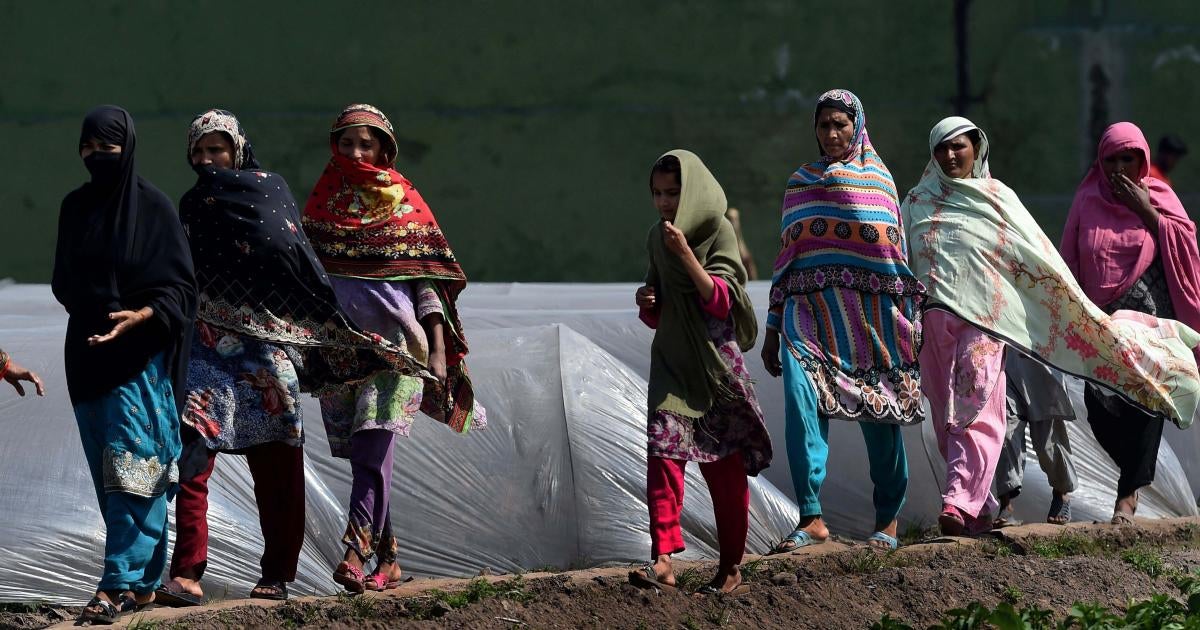Extreme Heat Dangers When Pregnant in Pakistan
A new video shows how rising temperatures are increasing health pressures on pregnant women, new mothers, and their families in Sindh and Punjab provinces in Pakistan.

Rising heat is also exacerbating existing inequities in maternal and newborn health. Based on accounts from pregnant women and new mothers, the video, by the Research and Development Forum for Safe Motherhood Pakistan and the White Ribbon Alliance, provides a critical glimpse into one piece of the climate crisis’s impact on sexual and reproductive health and rights. Studies, including those cited in the most recent United Nations Intergovernmental Panel on Climate Change (IPCC) report, show that pregnant people are at high risk of heat-related illness. Exposure to high temperatures is linked to stillbirth, premature birth, and low birth rates, all of which are associated with infant mortality.
The IPCC report also noted other, often compounding, climate impacts that negatively affect pregnancy and newborn health, including loss of food and water sources, poor water quality, increased exposure to vector-borne diseases, and loss of access to prenatal and other care following extreme weather events. Extreme heat is experienced unevenly. Women in the video note how they have limited access to electricity due to outages and high electricity bills, compounding the challenges of coping with extreme heat. One says: “Rich people can afford solar panels but what can poor people like us do?” These women regularly experience extreme heat. Jacobobad, in Sindh province, is among the hottest cities in the world, regularly surpassing 50 degrees Celsius (122 degrees Fahrenheit) in the summer. Extreme heat is set to increase due to human-caused climate change, and the impacts will be felt most acutely by certain populations. Alongside pregnant people, these include older people, people with disabilities, babies and children, outdoor workers, and people living in social isolation or poverty.
The United Nations’ annual “Commission on the Status of Women” meeting wraps up this week.
The theme this year is “Achieving gender equality and the empowerment of all women and girls in the context of climate change, environmental and disaster risk reduction policies and programmes.” Governments should commit to recognizing that protecting sexual and reproductive health and rights, especially in the face of extreme heat and other climate impacts, is central to protecting human health and women’s rights.
Read the full article at the original website
References:
- https://www.youtube.com/watch?v=F9Jfk-C_S18
- https://www.ipcc.ch/report/ar6/wg2/downloads/report/IPCC_AR6_WGII_FinalDraft_Chapter07.pdf
- https://link.springer.com/article/10.1007/s40572-022-00345-9
- https://www.amnesty.org/en/latest/news/2021/10/pakistan-photo-essay-depicts-life-in-one-of-worlds-hottest-cities/
- https://www.telegraph.co.uk/global-health/climate-and-people/hotter-human-body-can-handle-pakistan-city-broils-worlds-highest/
